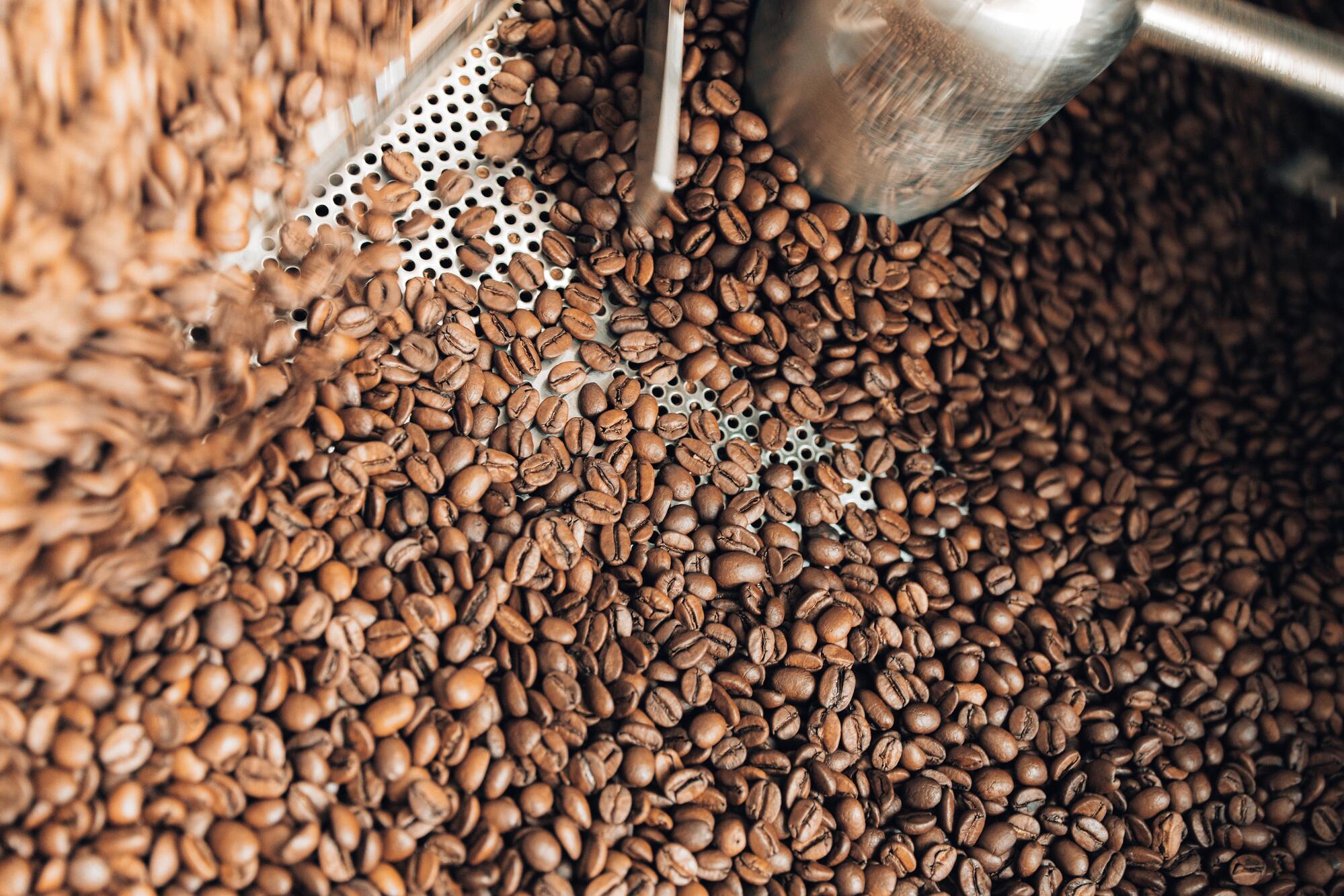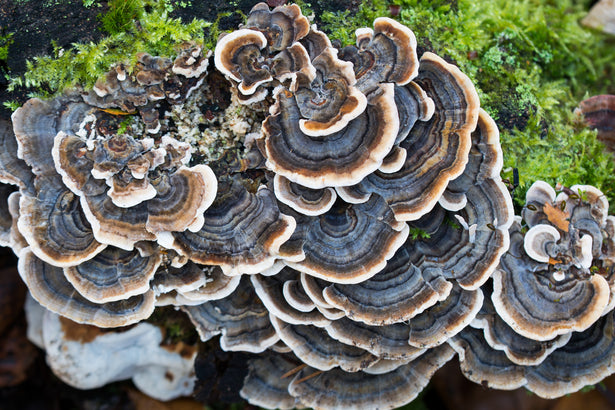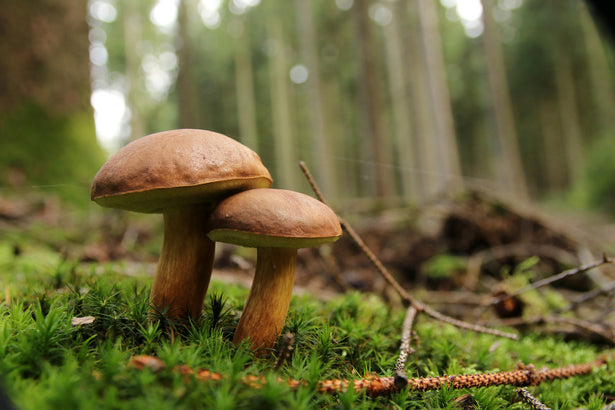On the occasion of the release of our new Decaf coffee line, let us show you the steps to make "caffeine free" coffee! Between chemical and natural extraction methods, discover a fascinating process that puts the seed in all its states.
What is decaf?
Wonderful invention of the early 1900s, decaffeinated coffee brings us the comforting taste of coffee without undergoing the stimulating effects. We drink it like some people drink herbal tea or hot chocolate. So we no longer ask the question: is this beverage with a pronounced taste really caffeine-free? Its name does not suggest it, but "decaf" coffee still contains 0.1% caffeine after its extraction, unlike the Arabica which contains up to 1.5% or the Robusta which contains 3%. Therefore, it is not recommended for people who do not tolerate caffeine, but remains an excellent ally of those who are simply sensitive to it.
Just like regular coffee, decaf comes in 4 forms: beans, ground, soluble or in pods. It also has the same beneficial effects as coffee, as it remains as rich in antioxidants.
Everything that distinguishes coffee from decaffeinated therefore comes into play during the process of extracting the caffeine from the coffee beans. A treatment that is carried out on fresh beans, before the roasting stage, regardless of the method used.
The Chemistry Choice

The majority of the coffee industry uses solvents in its caffeine extraction process. The chemical compounds methyl acetate, methylene chloride or dichloromethane have the property of binding to caffeine to better extract it from coffee before roasting it. However, there is not necessarily any direct contact between the solvent and the coffee beans... in the industry, 2 methods are combined.
Direct contact with the solvent
This solution is the least costly and the most widely used by manufacturers. It consists, first of all, in steaming the beans to make them porous. They are then immersed in a tank of water and solvent. When recovered, and to remove chemical residues, the beans are either again steamed or rinsed for half an hour before being dried and roasted at 396°F (200°C).
The "European" method
This method also uses solvents, but does not put them in direct contact with coffee beans. Still green, they are immersed in a vat of very hot water to extract the caffeine and oils. The beans are then removed from the vat from which the water is preserved by adding the solvent. This water is then brought to a boil so that, by evaporation, only the coffee oils remain. These coffee oils are finally added to a new vat of water where the beans are plunged again to be able to absorb them.
Solvent-free options
The natural processes for extracting caffeine are more expensive and generally take longer than the methods described above. However, they have the advantage of not using any solvent.
The CO2 method
This method is ideal for processing small amounts of coffee. The green beans are first soaked in sealed hot water vats in which CO2 is diffused under high pressure - also called a "supercritical" state - and binds to the caffeine in the beans to extract it. These are then filtered, dried and roasted.
Swiss water method
This process created in the country of the Helvetians is the one we have chosen for our Decaf line.
We start by soaking the green beans in hot water to extract the caffeine and oils. The water is then passed through an activated carbon filter to remove the caffeine while preserving the oils that make the coffee taste.
After this step, the soaking water is reused to extract the caffeine from new beans. The water being saturated in oil, the beans thus retain theirs while shedding their caffeine. All this is water-intensive and setting up the process takes tens of hours! However, it preserves the coffee’s flavours as well as possible.
From water to cup











